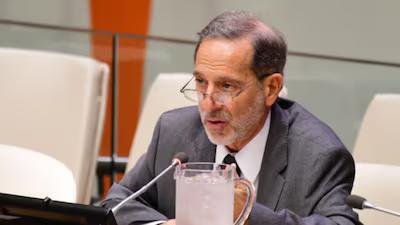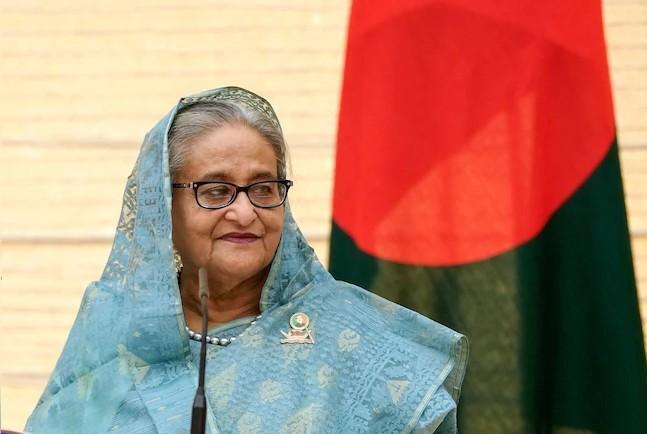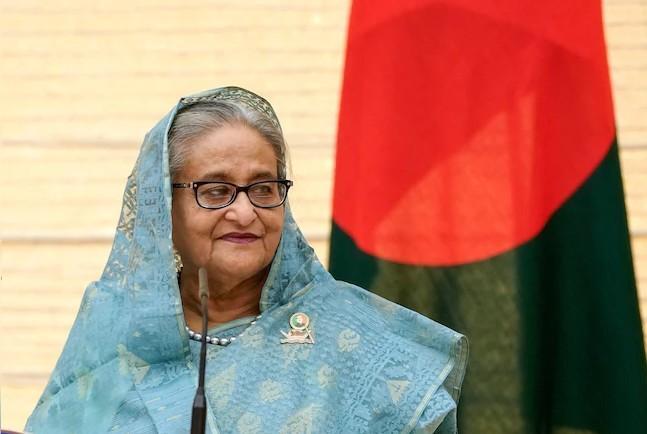
Historian Quits Columbia University Over Its $200 Mn Trump Deal
In a bold statement, Palestinian-American historian Rashid Khalidi has announced his decision to resign from teaching at Columbia University, citing the institution’s recent $200-million settlement with the Trump administration. Khalidi, who has been a prominent figure in academic circles, accused the university of compromising academic freedom and capitulating to political pressure. In an open letter, he expressed his deep disappointment and frustration with the university’s decision, stating that it has become “impossible” for him to teach with honesty.
The controversy surrounding the settlement stems from Columbia University’s alleged mishandling of alleged antisemitism on campus. In 2019, the university faced backlash and legal action from several Jewish student organizations, who claimed that the institution had failed to adequately address instances of antisemitic behavior. The Trump administration, which has been accused of using the issue to stoke divisions and further its own political agenda, intervened in the matter and threatened to cut off federal funding to the university if it did not take decisive action.
Columbia University, under pressure from the Trump administration, agreed to the $200-million settlement, which included the creation of a new center to combat alleged antisemitism and the establishment of a task force to address the issue. Khalidi, who has been a vocal critic of Israeli government policies and has written extensively on the topic of Palestine and the Israeli-Palestinian conflict, saw the settlement as a betrayal of the university’s commitment to academic freedom and a capitulation to political pressure.
In his open letter, Khalidi wrote: “I have taught at Columbia University for over 30 years, and I have always been proud to be a part of a community that values academic freedom and critical inquiry. But the recent settlement with the Trump administration has made it impossible for me to continue teaching with honesty and integrity.”
Khalidi’s decision to quit has sparked widespread debate and outrage from academics and activists around the world. Many have expressed solidarity with Khalidi, condemning the university’s decision and accusing the Trump administration of using the issue to silence dissenting voices.
The controversy has also highlighted the growing tensions between the academic community and the Trump administration. The administration has been accused of using its power to silence and intimidate academics who criticize its policies, particularly on issues related to Israel and Palestine.
Columbia University has faced criticism for its handling of the situation, with many accusing the institution of prioritizing its bottom line over its commitment to academic freedom. The university has maintained that the settlement was necessary to ensure its continued funding and to address the concerns of its Jewish student community.
However, Khalidi and many others have argued that the settlement has compromised the university’s credibility and its ability to provide a safe and inclusive learning environment for all students. The controversy has also raised questions about the role of universities in society and their responsibilities to uphold academic freedom and critical inquiry.
As the debate continues to rage on, it remains to be seen what the long-term consequences of Columbia University’s decision will be. Will other academics and institutions follow Khalidi’s lead and stand up against the Trump administration’s attempts to silence dissenting voices? Only time will tell.
Sources:



